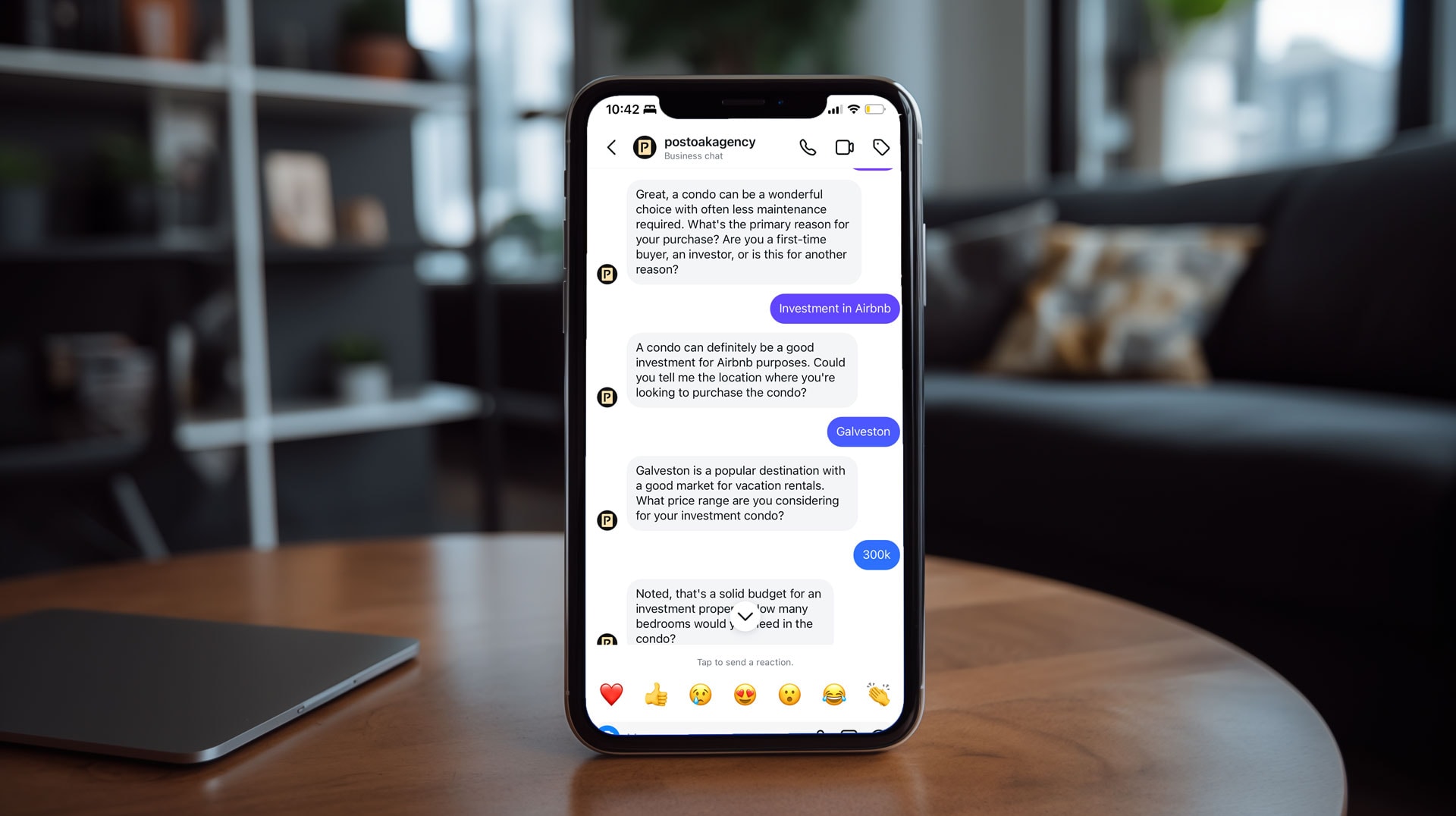8 Great Ways to Elevate Your Website's Copy

4 min read
You've heard it before: "Content is king." This phrase has been repeated so much that it's almost become a cliche. But, the truth is that content IS essential. If you don't have quality content on your website, you're missing out on a significant opportunity to connect with users and make more sales. But not all websites are created equal when it comes to their copy - some websites just read better than others. That's why we wrote this blog post about eight ways to elevate your website's copy!
1. Know your brand.
To get the right message across about your brand, you need to look at what exactly it is that makes you unique. There are few things as important as knowing how you want to position yourself as a brand and why this matters.
Make sure your brand has a clear message. Take some time to understand this message and how you can convey it to customers in an engaging way that will compel them to take action.
2. Speak to one person only.
When you speak to one person in your writing, they'll feel more connected.
When you write, it's important to remember that effective communication is about building relationships with the people who read your content. You want them to feel like you know them and they know you.
3. Make it personable.
Write with a human voice. When writing, use personal pronouns like "you" and "your." People love stories, so make sure to include anecdotes that demonstrate how your product or service is helpful in the real world.
4. Use copywriting frameworks.
Copywriting frameworks are a great way to start writing copy. They'll help you create content that's interesting, engaging, and creative. Look up the AIDA framework and the PAS framework to start. Once you figure out how to guide a reader down your page with your writing, your visitors will stick around and come back.
5. Forget the fancy wordplay.
Using fancy words in an article is not necessary. Most of the time, you can get your point across using more straightforward terms. For instance, you could say "eat" instead of "consume" or "read" instead of "peruse." With the correct sentence structure, it's possible to achieve professional-level results. Just ditch the fancier wordplay and use simple words that are easy to understand.
6. Have a clear goal for each page.
When you're creating a page for your site, make sure to have an objective in mind. Do you want people to sign up? Make a purchase? Find out more information about something specific? Your goal will help guide the design and content of your page.
7. Make edits with fresh eyes.
After writing, take a break. Come back to it later to edit. When writing text, you should revise your copy as if you've never read it before. This mental break will help you catch typos and grammatical errors that are easily overlooked when reading something over and over again.
8. Find work that you admire to improve.
I've noticed that some copywriters on the Internet do a great job creating engaging content.
A great example is Brian Clark at Copyblogger. If you read and study his work a bit, you'll see how he weaves together exciting and compelling copy.
I've also found that reading the work of other writers can help me improve my writing skills because I can see what works well for them in their articles or blog posts and then apply those same techniques when creating content. It's a great way to learn from others and stay motivated as an individual writer.
You'll be inspired by all sorts of different styles, which will make your creativity soar even higher than before- especially if they're things like how someone else might use humor more effectively with fewer words (or vice versa).
Writing copy becomes easier when you're well prepared.
It might seem daunting at first if this isn't something you've done before. However, there aren't many secrets when coming up with new ideas: read what other writers have written, try out different techniques until you find great ideas on improving your website's copy!
We hope these tips have given you some ideas on elevating your website's copy.






